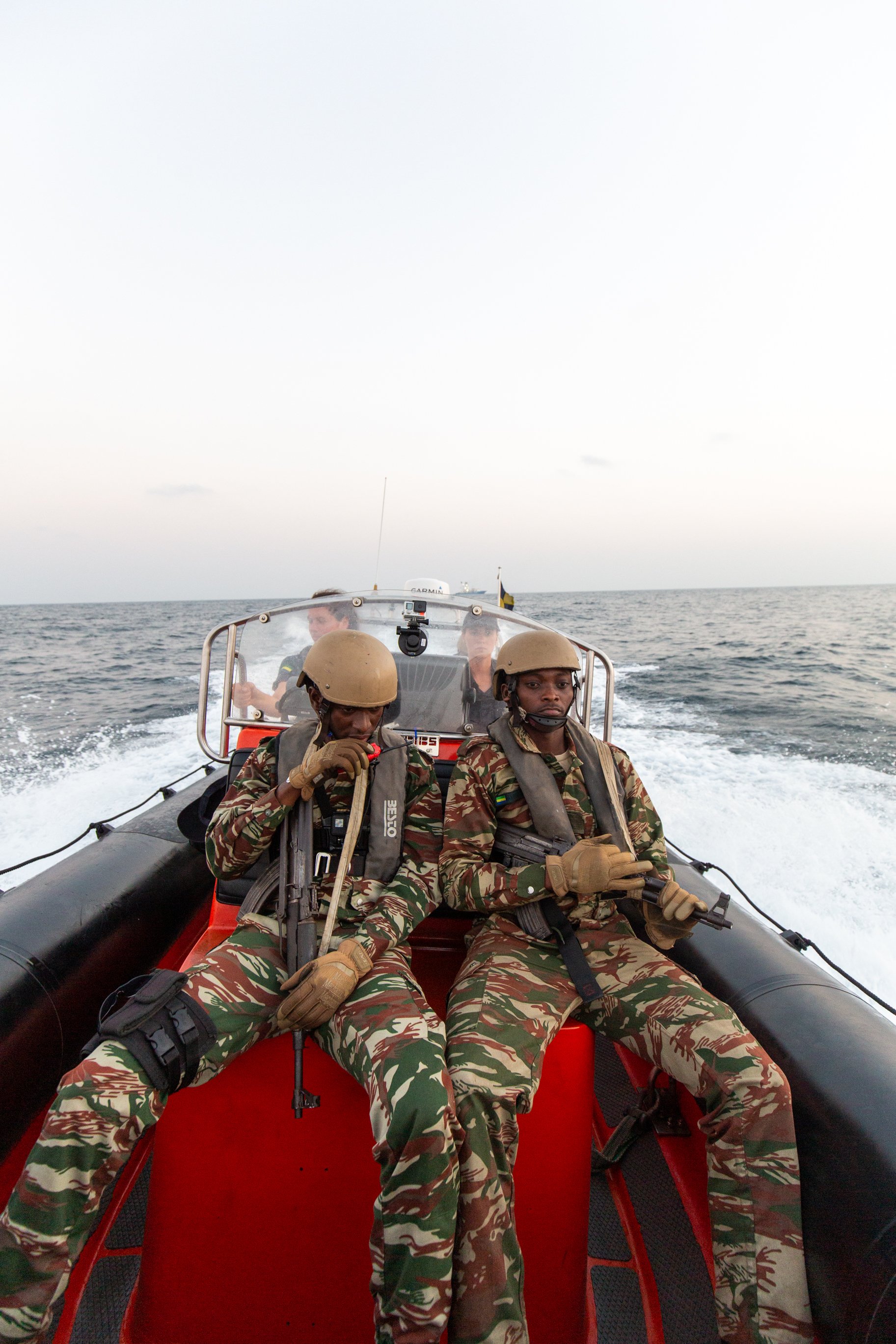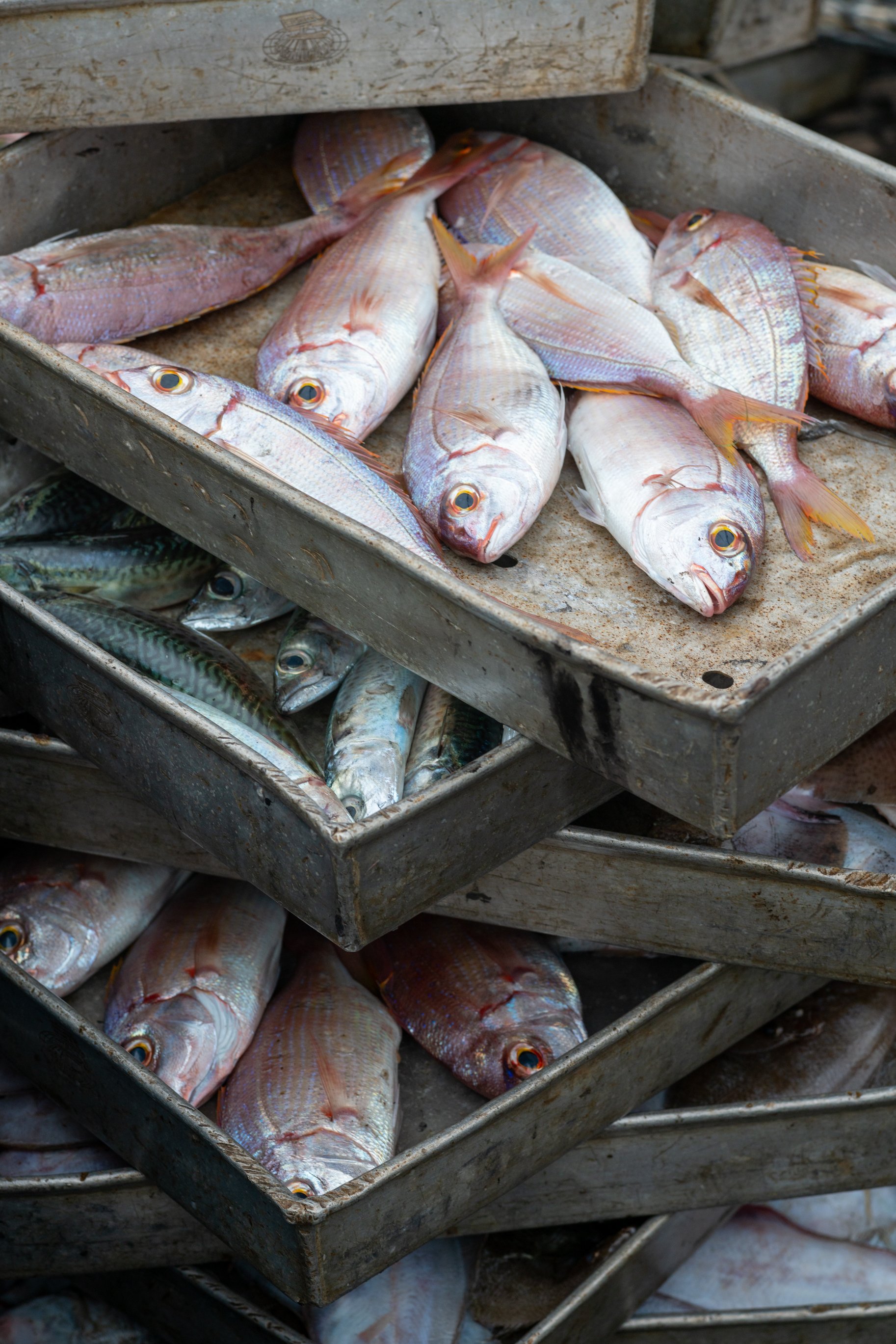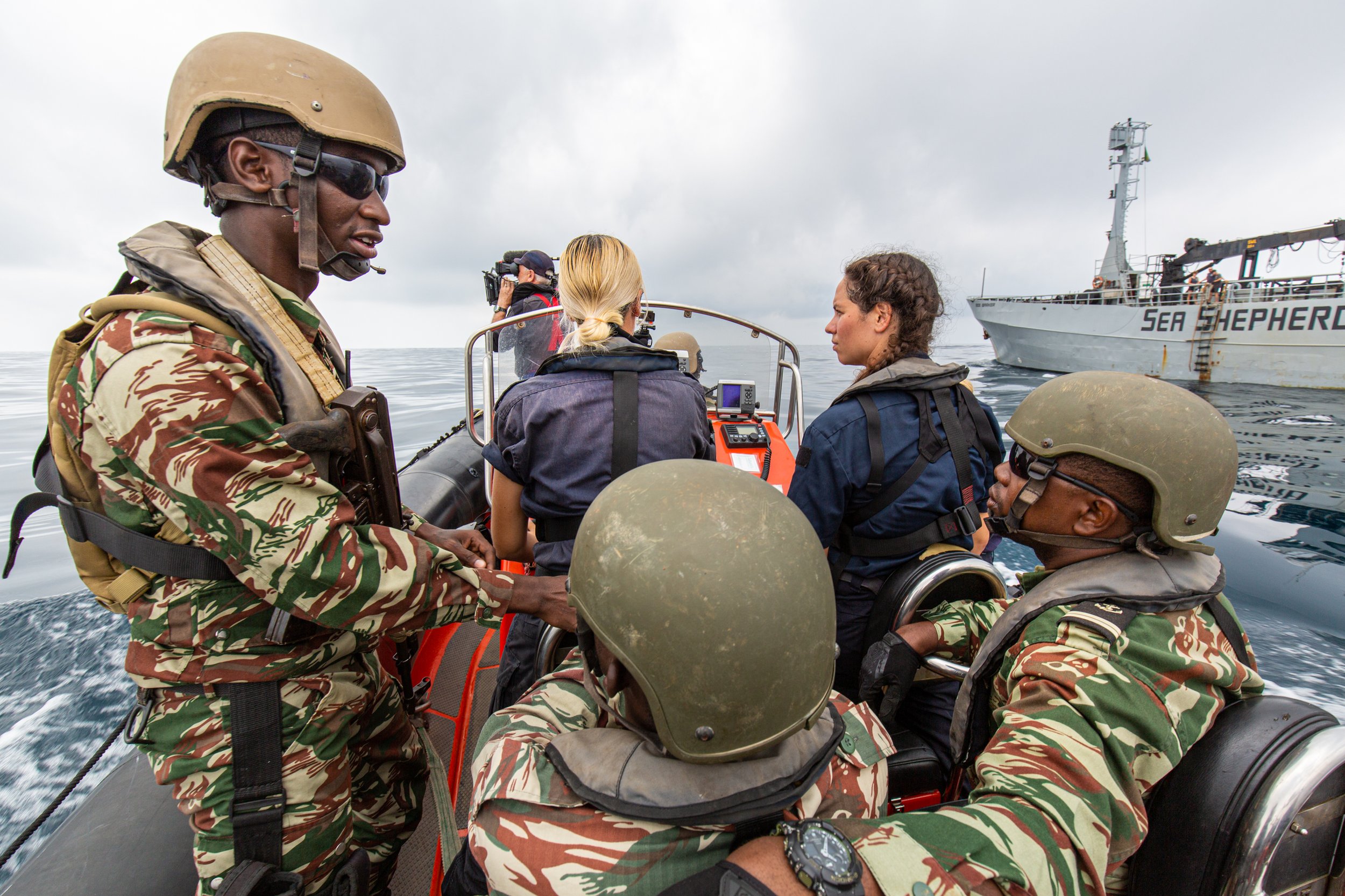Photography commissioned by silverback films for bbc: perfect planet
These stills were made while filming the episode Human for A Perfect Planet. Narrated by Sir David Attenborough for the BBC these were made for the promotion of the film, behind the scenes, and the accompanying book. Some images were selected for use in the book to the series: A Perfect Planet by Huw Cordey.
This was a story of how humans, in this case those working with and for the NGO, Sea Shepherd. Sea Shepherd, are trying to bring positive change by highlighting and monitoring unsustainable and damaging fishing practice and taking to task those that are destroying the oceans. They are fighting the oceans corner.
The filming off Gabon was onboard Sea Shepherd’s ship, the Bob Barker. We tracked illegal fishing and also filmed the legal overfishing along the tuna migration, highlighting the damage to the oceans and wildlife through by-catch both through Purse Seine and trawler fishing. The Fisheries monitor the record keeping, net size, slavery, living conditions, and are looking for illegal shark fins and illegal catch. Sea Shepherd supports governments along the West African coast, and their Fisheries departments and Marines.
Further information: These photos depict 2 raids, one, on a legal Spanish Purse Seine tuna operation. These ships sit on the migratory spawning lines and use radar technology to find whole tuna schools, they then wrap huge nets around that synch at the bottom to make a ‘purse’, that can scoop up everything within, the tuna, and many other species such as sharks, turtles, whales etc who are unable to get through the nets. This fishing though legal outside of marine protected areas, is completely unsustainable and is rapidly destroying the balance of the oceans removing many top feeders and depleting the ocean of their target fish species. The chances of survival for the sharks entangled as ‘by-catch’, who are a vital component in the balance of the ocean eco system is slim. After being fished aboard, they are manhandled, and returned to the ocean. Gills can be ripped, and when hung upside down out of water their internal organs become damaged.
The second boarding shown above was on a Chinese trawler, not found to be fishing in illegal waters. The fisheries check the ships’ paperwork and look for illegal activity, in particular they try and find illegal stashes of shark fins, assess the health and safety on board and fishing practice. They check the net sizes, but find here that the trawler has got around the net size regulation by doubling up the nets, something they currently can’t do anything about. This trawler is also leaking fuel, the conditions are grim, and here as is often the workers (on this vessel all found to have paperwork) live with in very basic dirty conditions that will likely include many lice, cockroaches, scabies, bedbugs etc.
At sea in these waters slavery is rife, the prevalence of fishing boats, and of illegal fishing and illegal fishing raids over borders at night ends up a game of cat and mouse for the overstretched Fisheries Departments to deal with.
Trawling is a particularly damaging method of fishing bringing everything up on the sea bed, destroying it as the nets scrapes away the surface life and the ‘by-catch’ can be as much as 100% but regularly it’s 90% off West Africa, particularly on the trawlers looking for prawn. The bycatch is pushed off the boat and very little survives. They leave a trail of destruction.
NGO activists Sea Shepherd is working hard to support countries in tacking illegal fishing but more importantly highlight this appalling destruction by man of our seas and oceans to the global community. The bottom line is we cannot all expect to eat fish and sea-food, none of it is sustainable with the size of the world’s population. Industrial fishing is not working because the common attitude being that if they don’t fish it out someone else will, which is self-perpetuating. Illegal practice is rife, in all strata of fishing practice, often there is unrecorded offloads of catch and incomplete or fiddled records, there is huge competition out there for what catch remains and as is with human nature work arounds are found to get around obstacles.
My call to action, since you got this far down my article, is if you are a fish or seafood eater, please don’t eat fish from industrial sources, that has travelled to get to you, and limit your seafood consumption to artisanal, local fishers whilst in the local area. Thank you for reading.
Copyright on all these images and text: ©Tamara Stubbs. They may not be used or copied under any circumstance without permission of the copyright owner.
All opinions and views in this article are mine and do not represent Silverbacks or anyone else’s views.































